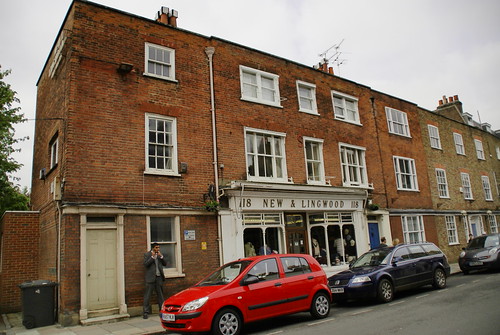How high are Covid rates in England and what are the vaccination plans?
England #England

With Covid in the UK on the rise once more, we take a look at the current situation and what the plans are for vaccination.
What is the current picture around Covid cases and hospitalisations?
While many of the community surveillance studies tracking Covid infection levels have been wound up, the UK Health Security Agency (UKHSA) continues to keep tabs on some metrics of Covid.
According to the most recent UKHSA report, from late July, Covid case rates and positivity rates picked up through hospital testing in England increased while hospitalisations also rose, with the latter up to 1.97 per 100,000 people compared with 1.47 the week before.
“Hospitalisations were highest in the 85 years and over age group,” the report said.
Despite these increases, levels are relatively low. For comparison, in early January 2021 the hospital admission rate was greater than 36 per 100,000 while in March this year it was a little over 10 per 100,000.
When was the last time most groups had a jab?
The offer of an initial two doses of a Covid vaccine, which began in December 2020 and was extended to everyone aged over five, ended on 30 June this year, while the universal booster, which was first offered in late 2021 just after the Omicron variant arrived in the UK, ended on 31 March 2023.
That means that for the majority of younger, healthy people who had their jabs when they were first offered, the last vaccination they would have received was more than 18 months ago.
However further booster jabs have been offered to particular groups deemed by the Joint Committee on Vaccination and Immunisation (JCVI) to be most at risk from Covid, with the latest round announced on 8 August.
Who is entitled to jabs on the NHS now?
The latest booster programme in England – which will begin this autumn – is aimed at older adults, as well as people with conditions including diabetes and chronic respiratory disease, or who are immunosuppressed or pregnant.
“This is because the risk of severe Covid continues to be strongly associated with increasing age and underlying health conditions,” the Department of Health has said.
Among those eligible for the booster are adults aged 65 and over, residents in care homes for older adults and staff who work there, carers who are aged 16 to 64, frontline health and social care workers, people aged 12 to 64 who are household contacts of people with immunosuppression, and people aged 6 months to 64 years in one of the defined clinical risk groups.
The latest booster campaign covers a larger pool of people than the spring booster programme this year, but it is not as large as previous drives over the autumn and winter – a period when the NHS is often under severe pressure. Last autumn an extra Covid jab was offered to all adults aged over 50.
What’s the situation with private jabs around the world?
While different countries have different vaccination programmes and eligibility criteria for Covid jabs and boosters, nowhere in Europe, the US or Australia has offered the jabs for private sale.
Pharmaceutical companies have said they are still fulfilling government contracts. However, the UK government has said manufacturers are not prohibited from selling the vaccines in a private market.